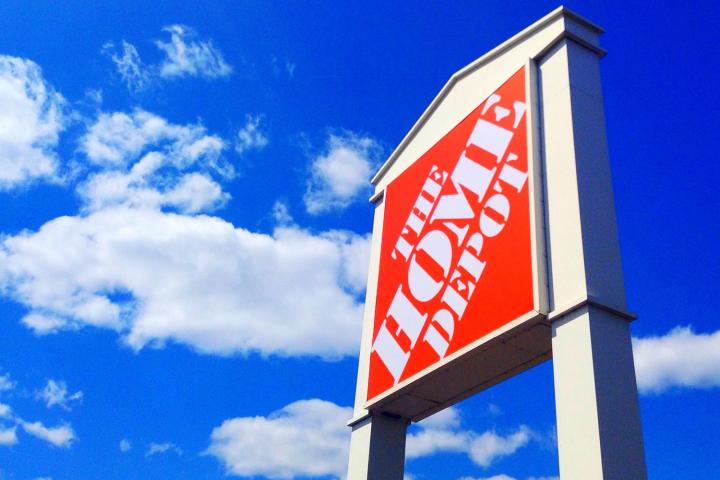
According to the company’s quarterly earnings report, not only is Home Depot facing these lawsuits, but several state and federal agencies are investigating the company and its handling of customer data. “These claims and investigations may adversely affect how we operate our business, divert the attention of management from the operation of the business, and result in additional costs and fines,” according to the disclosure.
Based on one of the lawsuits, filed in September in a federal court in San Francisco, Home Depot was practically begging for a data breach to happen. According to the lawsuit, the company “failed to properly encrypt its customers’ data in violation of the [Payment Card Industry Data Security Standard].” In addition, talking to The New York Times, former Home Depot security employees revealed that the company has been warned about its poor security, but chose to ignore the warnings.
Regardless, Home Depot must deal with the fallout of its data breach, even if it seems that the company was asking for it.


